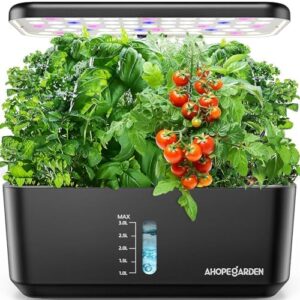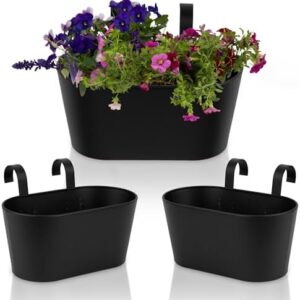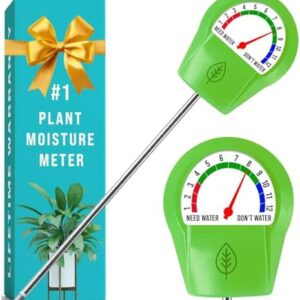Organic gardening is a way of gardening that focuses on growing plants in a way that is healthy and sustainable for both people and the environment. It means working with nature, not against it, to create a garden that is in harmony with the ecosystem around it.
In recent years, organic gardening has become more popular as people become more aware of the harmful effects of chemicals and pesticides on our health and the health of the planet. By growing our own food organically, we can reduce our exposure to these harmful substances and also do our part to protect the environment.
So, how can you get started with organic gardening and create a sustainable garden of your own? Here are some tips to help you get back to basics and start growing your own organic garden.
1. Start with healthy soil
The foundation of a successful organic garden is healthy soil. Healthy soil is full of beneficial microbes and nutrients that help plants grow strong and resist disease. To create healthy soil, add plenty of organic matter such as compost, manure, and mulch. These materials will improve soil structure, retain moisture, and encourage the growth of beneficial microorganisms.
Avoid using chemical fertilizers and pesticides, as these can kill beneficial microbes in the soil and harm your plants in the long run. Instead, focus on building a healthy soil ecosystem that will support the growth of your plants naturally.
2. Choose the right plants
When it comes to organic gardening, choosing the right plants is key. Look for plants that are well-suited to your climate and soil conditions, as these will be more likely to thrive without the need for chemical inputs. Consider planting native plants, which are adapted to your local environment and require less water and maintenance.
Avoid using genetically modified plants or plants that have been treated with pesticides, as these can harm beneficial insects and disrupt the balance of your garden ecosystem. Instead, focus on growing a diverse range of plants that will support a healthy and sustainable garden.
3. Practice crop rotation
Crop rotation is a simple but effective practice that can help you maintain a healthy garden without the need for chemical inputs. By rotating your crops each year, you can reduce the buildup of pests and diseases in your soil and improve the overall health of your plants.
For example, if you grow tomatoes in one area of your garden one year, plant beans or peas in that area the next year to break the cycle of pests and diseases that target tomatoes. By rotating your crops, you can maintain a healthy garden ecosystem and reduce the need for chemical pesticides.
4. Attract beneficial insects
One of the key principles of organic gardening is working with nature to create a balanced ecosystem in your garden. Beneficial insects such as bees, ladybugs, and praying mantises can help control pests naturally and keep your garden healthy and thriving.
To attract beneficial insects to your garden, plant a variety of flowering plants that provide nectar and pollen for bees and other pollinators. Avoid using chemical pesticides that can harm beneficial insects and disrupt the balance of your garden ecosystem. Instead, focus on creating a diverse and welcoming environment for these helpful creatures.
5. Water wisely
Water is essential for the health of your plants, but it is also a precious resource that should be used wisely in the garden. To conserve water and create a sustainable garden, consider using drip irrigation or soaker hoses to water your plants directly at the roots. This will help reduce water waste and keep your plants healthy and hydrated.
Mulching around your plants can also help retain moisture in the soil and reduce the need for frequent watering. Choose organic mulches such as straw, bark, or compost, which will break down over time and enrich your soil with nutrients.
6. Practice companion planting
Companion planting is a traditional gardening practice that involves planting different crops together to benefit each other in some way. For example, planting marigolds near tomatoes can help repel pests that target tomatoes, while planting basil near peppers can improve the flavor of the peppers.
By practicing companion planting, you can create a diverse and resilient garden ecosystem that will support the health of your plants and reduce the need for chemical inputs. Experiment with different plant combinations to see what works best in your garden.
7. Harvest and preserve your crops
One of the joys of organic gardening is being able to harvest and enjoy your own fresh, homegrown produce. To make the most of your harvest, consider preserving your crops through canning, freezing, or drying. This will allow you to enjoy your garden’s bounty all year round and reduce food waste.
When harvesting your crops, be sure to use sustainable practices such as saving seeds for future planting or composting any plant debris. This will help create a closed-loop system in your garden and reduce the need for external inputs.
In conclusion, organic gardening is a rewarding and sustainable way to grow your own food and create a healthy garden ecosystem. By getting back to basics and following these organic gardening tips, you can create a garden that is in harmony with nature and fosters the health of your plants and the environment. So roll up your sleeves, get your hands dirty, and start growing your own sustainable garden today!






